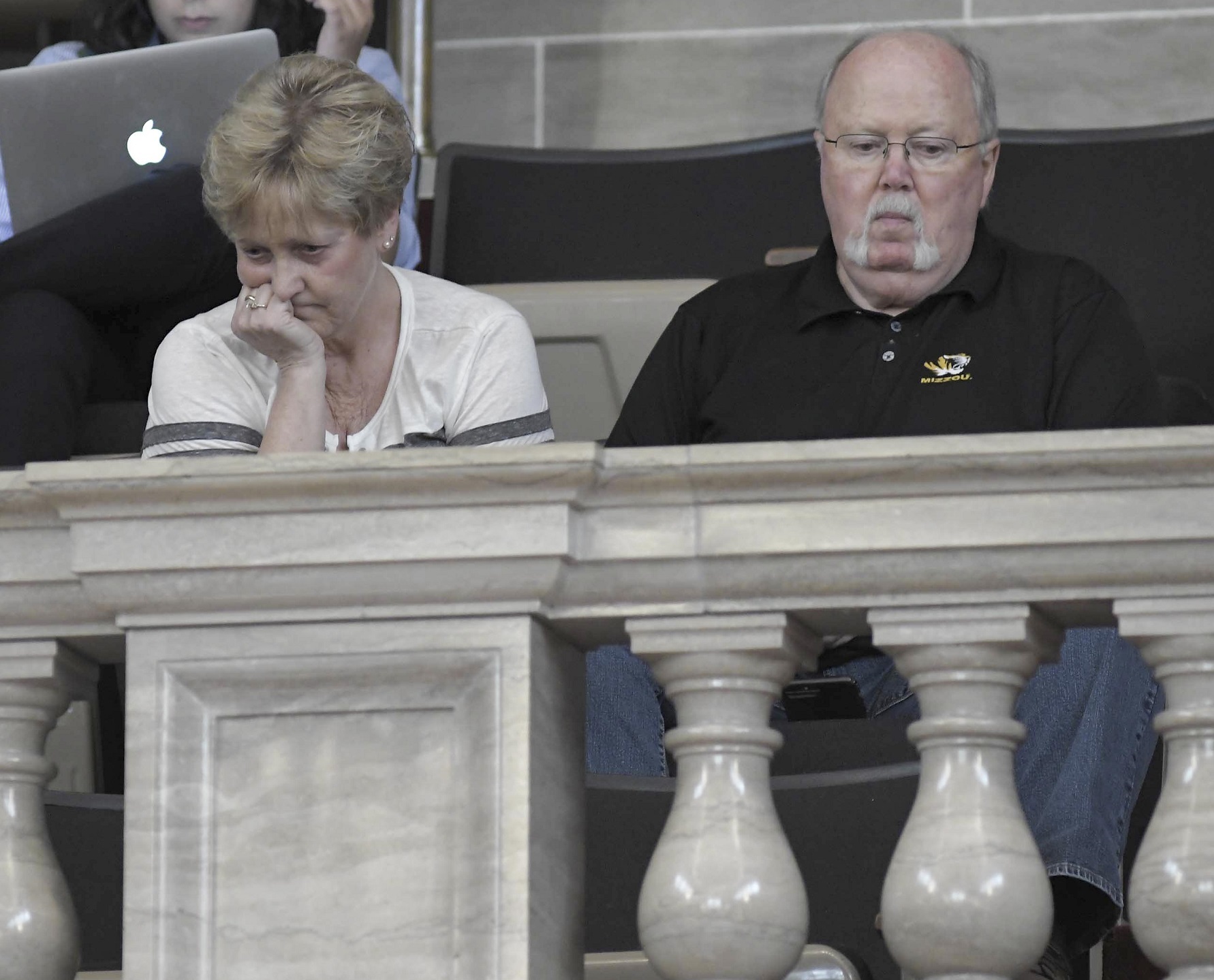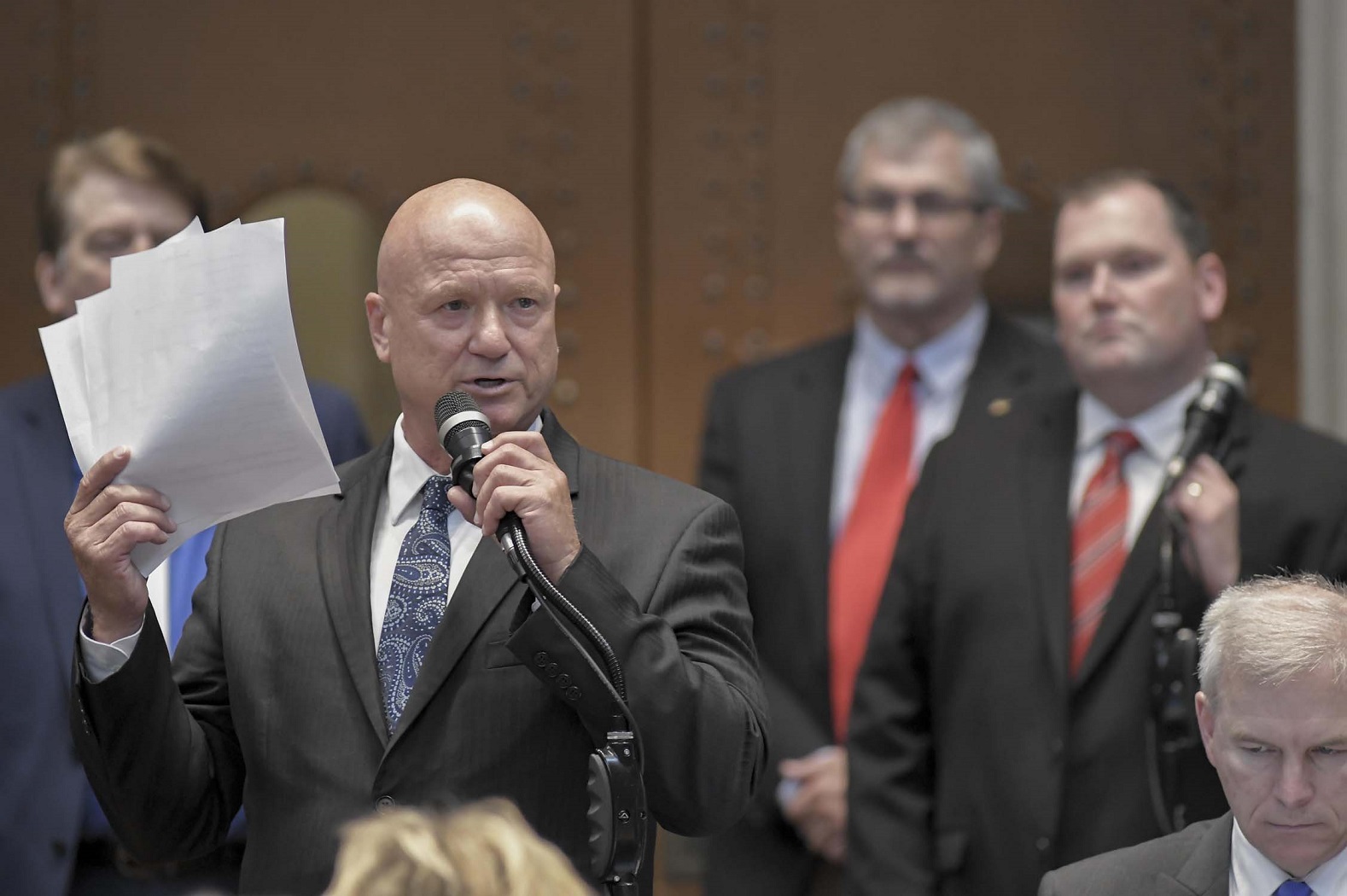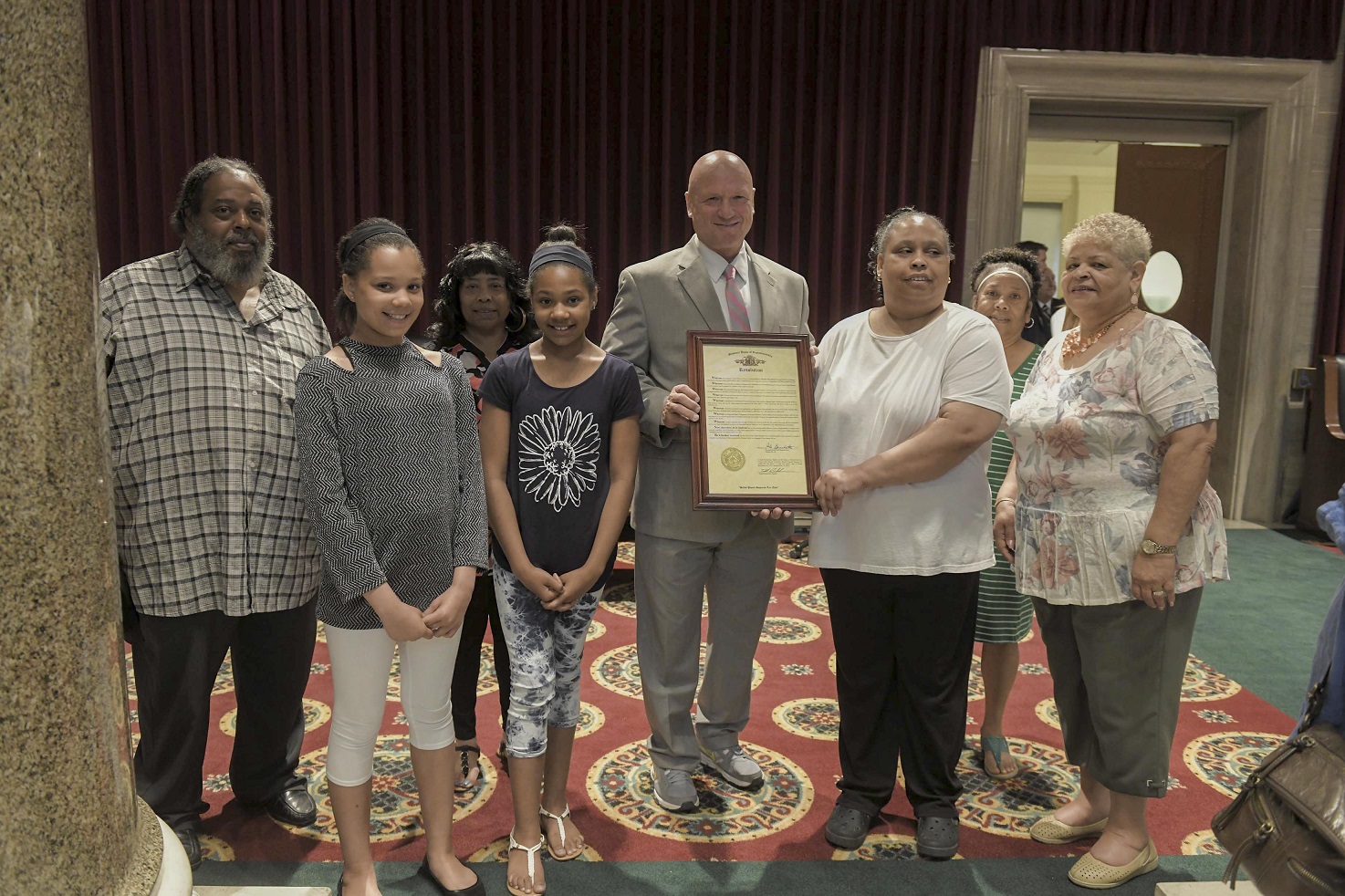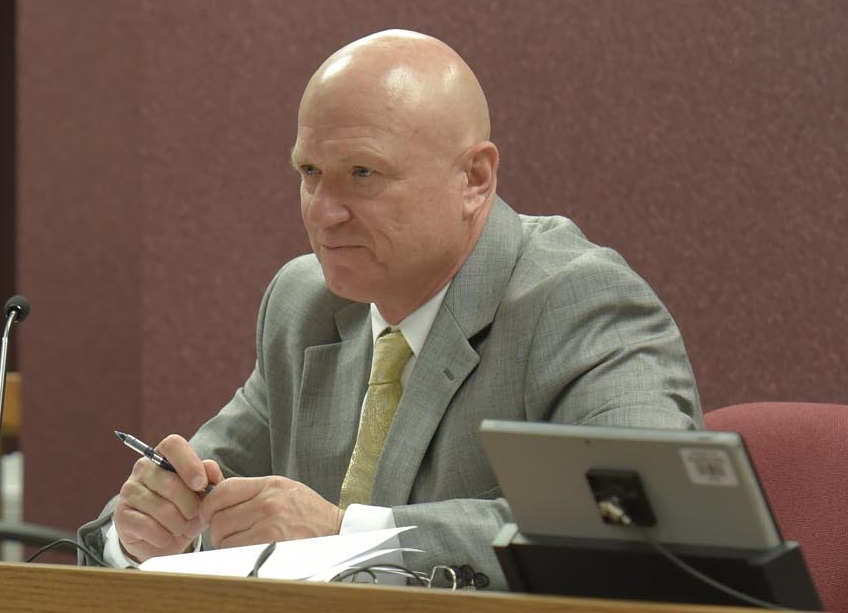Several years ago a woman living in a Missouri nursing home died after being sexually assaulted in that home, and the identity of her attacker will likely never be known. On Friday the Missouri House completed passage of a bill aimed at keeping that from happening to anyone else.

That woman was Maribeth Russell’s mother-in-law, and Russell spent the past five years pushing for a change in Missouri law. That culminated Friday with the passage of House Bill 1635, which requires that law enforcement be notified when it is suspected that a long-term care resident 60-years of age or older has been sexually assaulted.
Russell was in the House when it gave final passage to HB 1635, 139-0.
Russell said that law enforcement was not notified by the nursing home or the hospital of the crime against her mother-in-law. The family assumed such notification was made when the Department of Health and Senior Services was contacted. By the time the family learned that was not the case, it was too late.
“Sexual assault is timely. You have to quickly jump on it to try to collect evidence and that wasn’t done, so there was never an arrest made or a prosecution made at all, and I simply wanted to prevent this from happening to others down the road,” said Russell. “Let’s change this law, let’s fill this gap that’s in the statute and prevent this from happening again.”
HB 1635 would expand Missouri law that requires abuse or neglect to be reported to the Department of Health and Senior Services. Its reporting requirement applies to in-home care providers, adult day care workers, medical and mental health care providers, medical examiners, funeral directors, and those in numerous other professions.
Representative Mike Bernskoetter (R-Jefferson City) has worked for several years, with Russell, on the language that became HB 1635. He agreed with other lawmakers that the issue was, “unsettling.”
“Especially a situation like this where somebody went through this kind of heinous act and then there was basically nothing [that] could be done about it because there was a hole in our statutes,” said Bernskoetter. “Just thinking about what could have happened to [Maribeth Russell’s] mother-in-law, it could happen to your mom or your grandma or somebody that you knew.”
Russell said the passage of HB 1635 amounts to closure for her.

She said the nursing home and hospital that treated her mother-in-law have made it their practice to report possible sexual assaults to law enforcement, and she’s thankful for that. She wants HB 1635 to ensure that all agencies in the state are doing the same.
Bernskoetter is hopeful that, while it is unlikely, the person who attacked Russell’s mother-in-law will one day be identified. In the meantime he hopes that 1635 will be signed into law by the governor, and will prevent the same thing from happening again.


